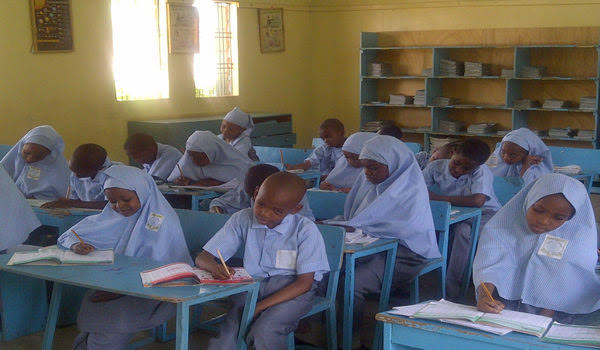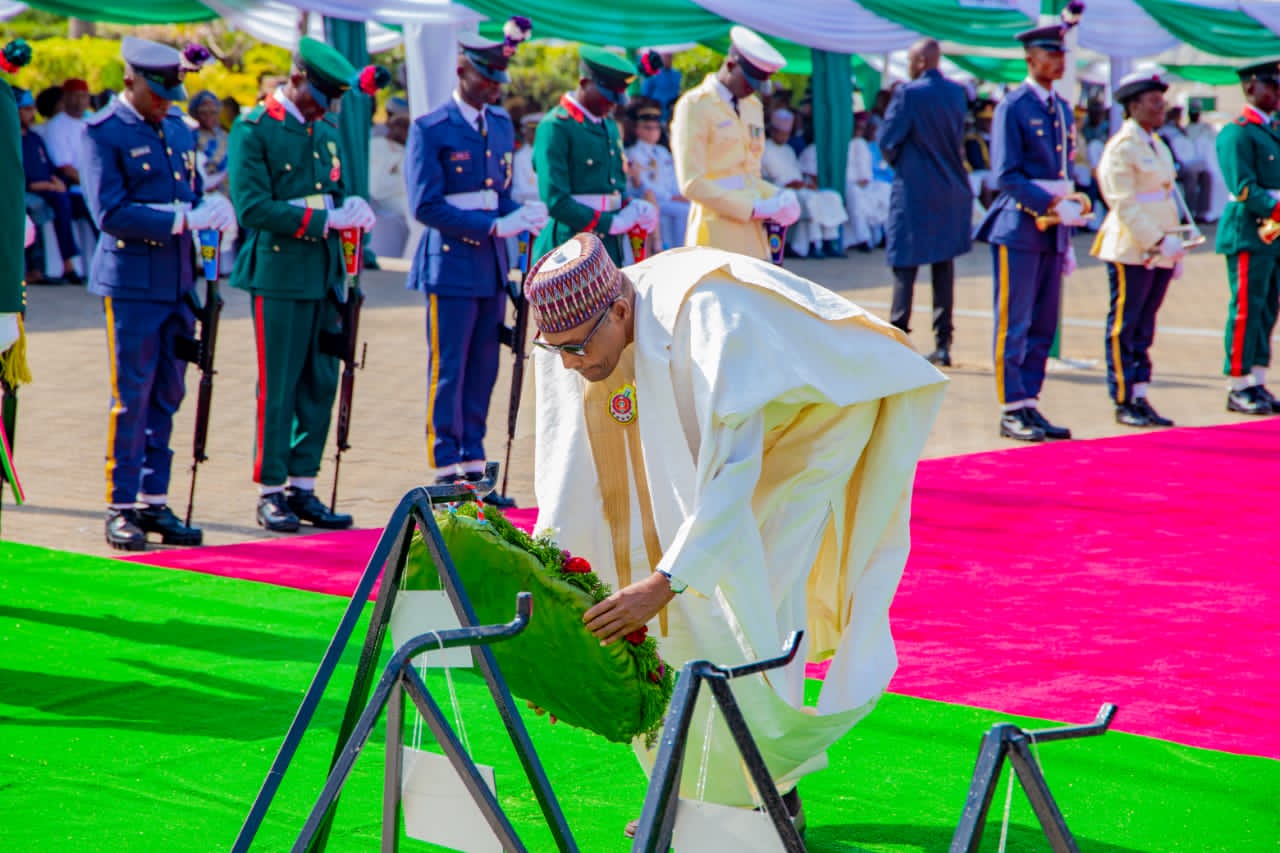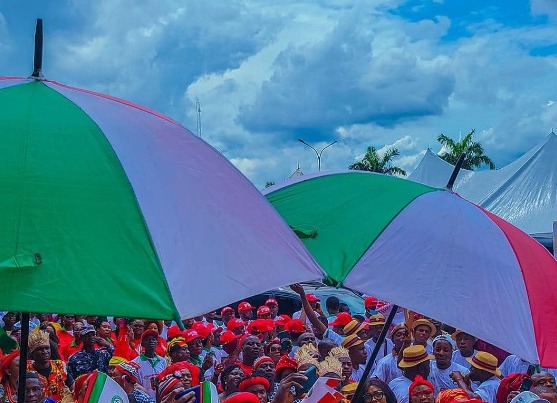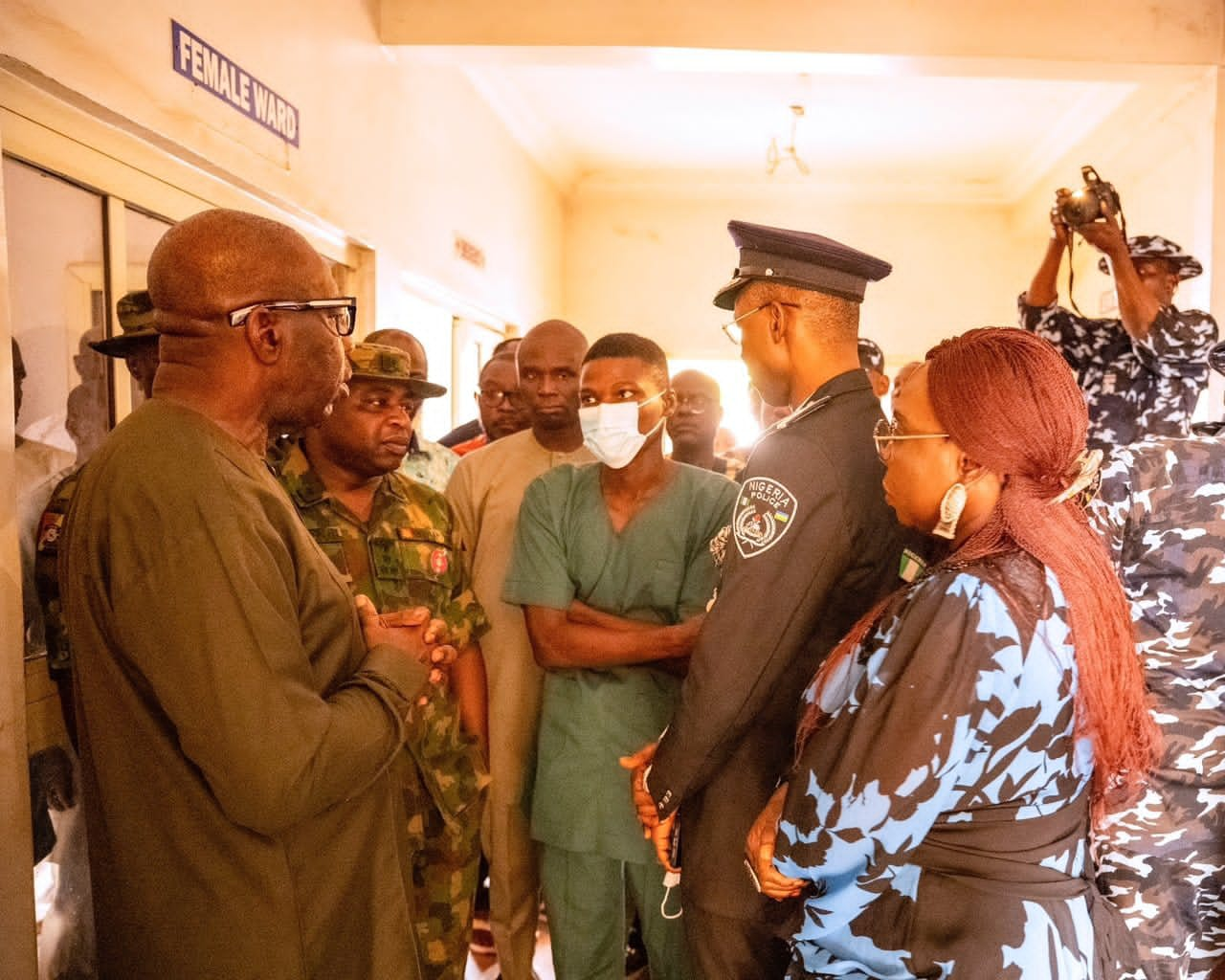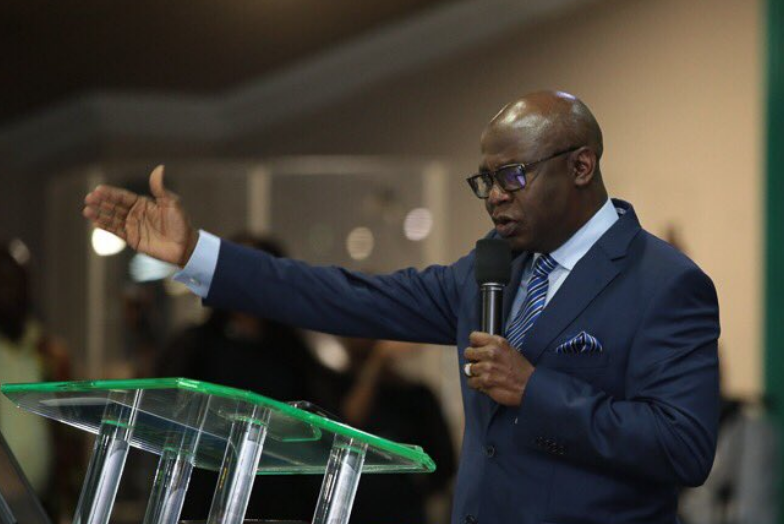File photo of primary school pupils in Kano state
Earlier in the month, President Muhammadu Buhari signed the 2023 appropriation bill of N21.83 trillion into law.
The signed budget has continued to elicit mixed reactions among stakeholders. The bone of contention is the allocations to critical sectors of the economy such as education, health, and infrastructure.
For years, Nigeria’s allocation to the education sector has been below the recommended benchmark for developing nations.
In the 2023 budget, the sector got N1.79 trillion — representing 8.2 per cent of the appropriation bill — according to Zainab Ahmed, minister of finance, budget, and national planning.
Advertisement

Giving a further breakdown, the minister said N103.29 billion was allocated for Universal Basic Education Commission (UBEC) while transfers to the Tertiary Education Trust Fund (TETFUND) for infrastructure projects in tertiary institutions is N248.27 billion.
Ahmed added that N470 billion was allocated for tertiary education revitalisation and salary enhancement.
For context, the education sector got the second largest allocation in the budget after defence and security sectors which account for N2.98 trillion — representing 13.4 per cent of the budget.
Advertisement
The United Nations Educational Scientific and Cultural Organizations (UNESCO) recommended that member nations should earmark four to six per cent of their Gross Domestic Product (GDP) or 15 to 20 of public expenditure (annual budget) to fund education.
However, UNESCO said “the majority of countries have not yet reached this threshold”.
The 2023 allocation to the sector was an increase from that of last year’s budget which gave education N923.79 billion representing 5.4 per cent of the N17.13 trillion budget.
Hassan Taiwo Soweto, national coordinator for Education Rights Campaign (ERC), said “the increase amounts to nothing”.
Advertisement
“First, some improvement in budgetary allocation to the education sector is observable. As against the 5.4% allocated to education in the last budget, the allocation for the year 2023 is about 8.2%, indicating an increase of about 2.8%,” he told TheCable.
“The increase, however, amounts to nothing when placed side by side with the deficit between recommended and actual allocations over the past years. The average budgetary allocation to education has hovered around 8% over the last decade.”
DISTURBING STATISTICS
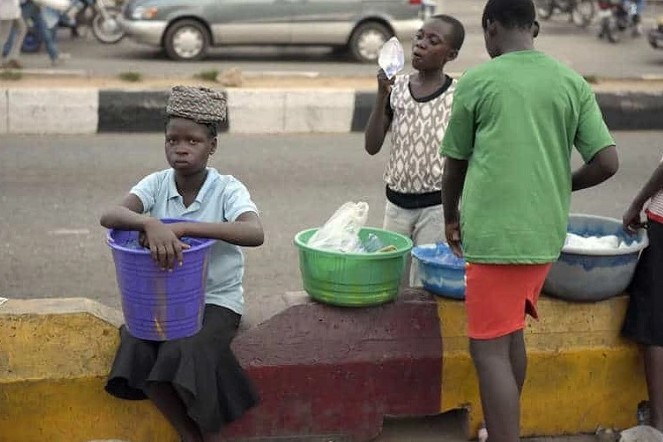
Advertisement
According to data by UNESCO, Nigeria has an estimated 20.2 million children and youth out of school, the highest in Africa and third globally.
The ballooning poverty rate in the country has made it difficult for some parents to send their children to school. In its data released in November 2022, the National Bureau of Statistics (NBS) said 133 million Nigerians are multidimensionally poor.
Advertisement
In addition to Nigeria’s out-of-school children, educational facilities are in poor condition — both at basic, secondary and tertiary institutions across the country.
Last year, a comprehensive investigation by TheCable revealed students live in unhygienic facilities and learn in abnormal conditions due to poor funding of public tertiary institutions.
Advertisement
This, among other factors, has contributed to strikes by various academic bodies including the Academic Staff Union of Universities (ASUU).

Advertisement
In 2022, lecturers under ASUU embarked on an eight-month strike to protest poor funding of tertiary institutions and better working conditions.
In spite of this disturbing reality, annual allocation to the education sector remains low. With the current budget, it means Buhari has allocated a total of N6.47 trillion to the education sector in the last seven years.
The highest education allocation under his administration was in 2019 when he earmarked N745.53 billion of the year’s N8.9 trillion budget which represents 8.4 per cent.
In 2016, education got 7.9 per cent of the budget. This was reduced to 6.1 per cent in 2017 before it was increased to 7.1 per cent in 2018. Allocation to the sector nosedived to 6.5 per cent in 2020 while it got 5.7 and 5.4 per cent in 2021 and 2022 respectively.
Further checks on the intervention budget for TETFUND from 2010 to 2021 by TheCable showed there is no significant increase in allocation for research and infrastructure projects despite a rise in the number of public universities in the country.
Nigeria currently has 109 public universities — 50 federal and 59 for states — according to data by the National Universities Commission (NUC).
In 2015 for instance, N24.9 billion was approved to fund infrastructure and research in the 74 public universities in the country at the time.
By 2016, the figure rose to N74.7 billion but dropped to N49.1 billion in 2017 while 2018 and 2019 had N56.3 and N62.8 billion respectively.
As of 2020 and 2021, the intervention for 79 universities across the country stood at N71.6 billion respectively. This shows more investment is needed for universities in Nigeria to function optimally.
‘NIGERIANS DON’T SEE EDUCATION AS PRIORITY ‘
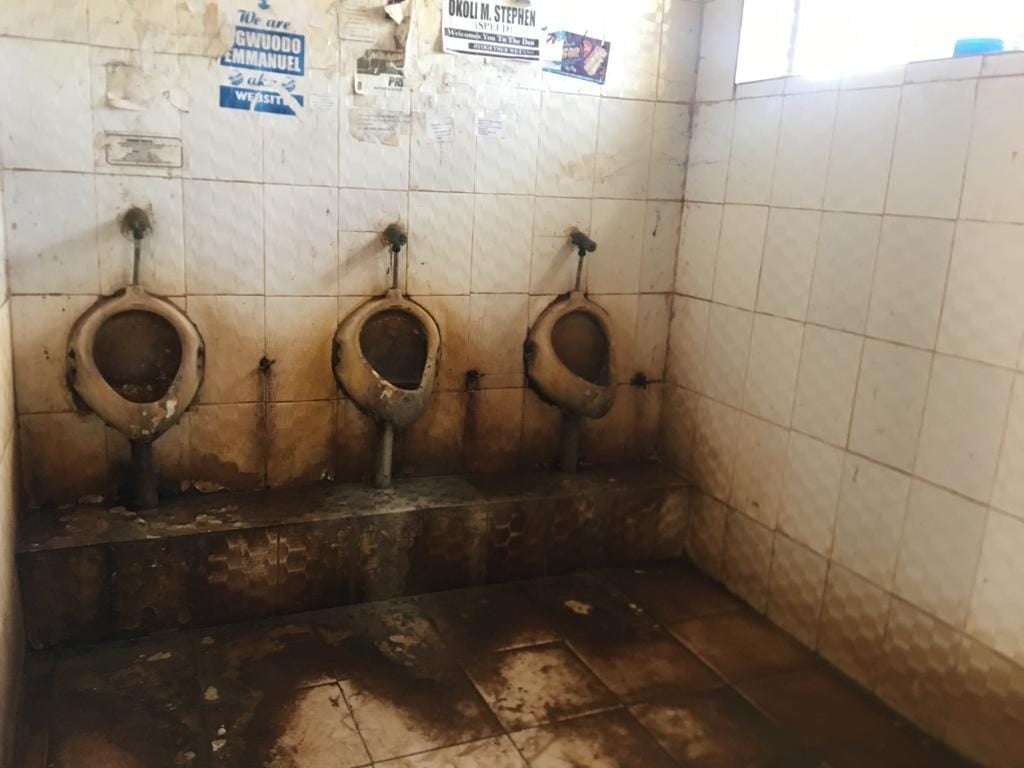
Education and policy experts say the inconsistencies in the allocations to education show that the country is not giving the sector the needed priority.
Commenting on this, Oriyomi Ogunwale, the team lead at EduPlanner, a non-government organisation, said the low budgetary allocation to education is a reflection that the people do not see it as something important.
Ogunwale said for government to take the sector more seriously, Nigerians need to mount strong pressure on those in power.
“What the people see as paramount is what the government sees as paramount. Take for example, if people talk about terrorism, then the government will invest more in security. When the people talk about economy, the government will think jobs. So, it’s because education is not a priority for people,” he said.
“We have an election coming up. Is education even part of the discussion at the moment? Until we make it a national issue, I don’t think politicians will address it.
“Therefore, not funding education is because it’s not a priority, and the implication is that Nigeria has the highest number of out-of-school children in the world. Almost 60% of our schools are in dilapidated state; teachers welfare is poor and learning outcomes are reducing every year.
“These are impacts of not funding education very well. Despite the fact that ASUU went on strike for eight months last year, which is like two-quarter of the year, education is not a front-burner for any of the candidates at the moment.”
Ogunwale also said the government must see investment in education as a means of boosting other sectors of the economy.
“Education does not exist in a vacuum. Education is to prepare the manpower for the economy. So, if you’re looking at it from that perspective, you see that when you invest in education more, you invest in economy,” he added.
“If we begin to see it like that, we see the impact of how underfunding education is also underfunding our economy in the next ten years.”
Corroborating him, Soweto said the country’s extant economic struggles are as a result of the government’s failure to fund education properly over the years.
“The economic realities are themselves fallouts of our failure to fund education adequately, and if we are going to change this reality, one of the core things we have to do is ensure the proper funding of education. This includes vocational education, to allow for the discovery, development and proper harnessing of our numerous human talents, which are in most cases presently wasting away,” he said.
“The summary of the future implications of the underfunding of education is dilapidating education infrastructure, incessant interruption in academic calendar, unmotivated teachers/instructors, declining interest in education among the younger generation, poor quality of research and research outputs.”
‘NIGERIA MUST STOP WASTEFUL SPENDING TO FUND EDUCATION’
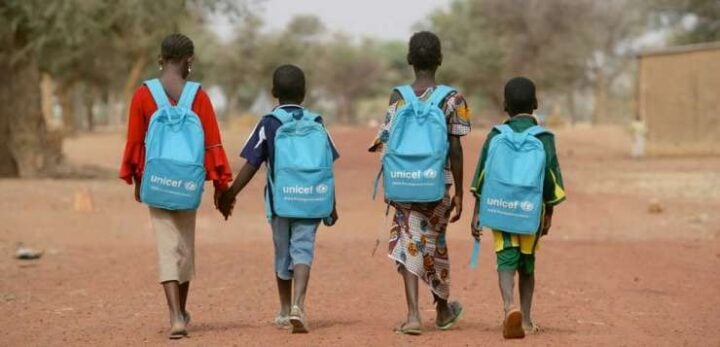
Speaking with TheCable, Ambrose Igboke, a policy analyst, said the country must cut down on its “wasteful public lifestyle” to fund critical sectors of the economy like education.
“We spend money not to build our human resources, not to build natural resources or mineral resources but rather to keep up with our apparent and wasteful public lifestyle. We have not really funded education; we have not really paid serious interest in funding education,” he said.
“We are still running a consumption economy. We don’t even have money to fund our budget. We are borrowing and the budget we’re funding is full of frivolities. When we prioritise education, we can give it a larger percent, but now we prioritise wealth, affluence.
“Things are getting worse, yet we’re just budgeting 8% for our education. It‘s a very sorry development and Nigeria needs a surgical operation to make us wake from this slumber and position ourselves for what is ahead in the competitive 21st century.”
Igboke, the chairman of Enugu state chapter of public affairs analysts of Nigeria, said the low priority accorded to education and human capital development accounts for the rising brain drain in the country.
“Any country that jokes with the training of its citizens in terms of education is not serious because it is from education — primary, secondary, tertiary, technical schools, and professional institutions — that you grow your manpower. Today, the IT space has been taken over by Indians because they built their human resources over the years,” he added.
“Now we’re not building our own. Our people now rush overseas — and even Ghana here — to do masters degree and stay back in those countries. Have you been to any of the Unity schools to see the condition of their living? Have you been to the federal and state universities and see the condition of living?”
Igboke noted that if the country is serious about ending the brain drain it is currently facing, it must put more attention to education funding.
This report was supported by YouthHub Africa in collaboration with Malala Fund and RiseUp.
